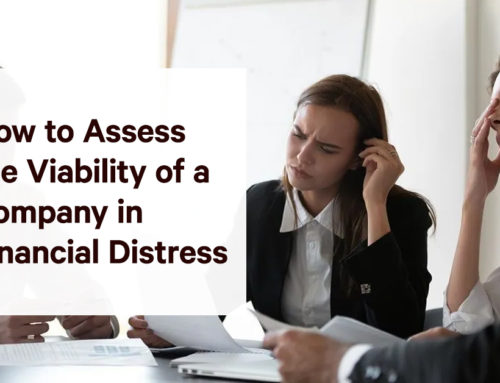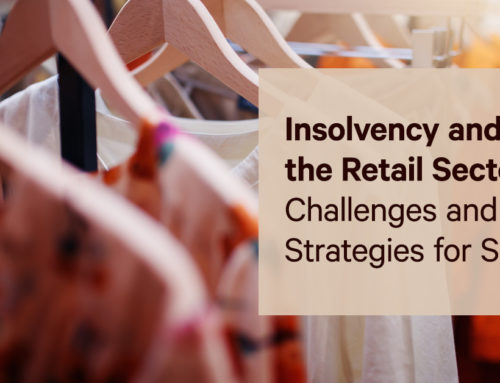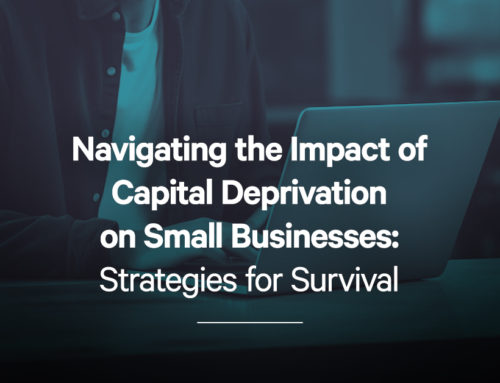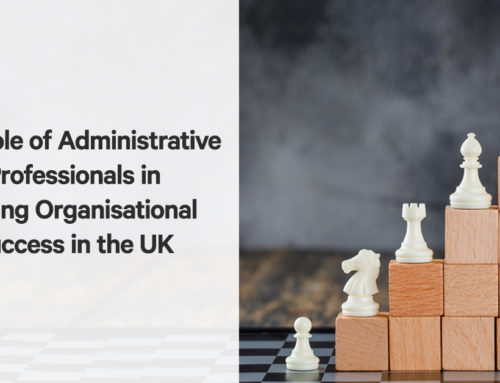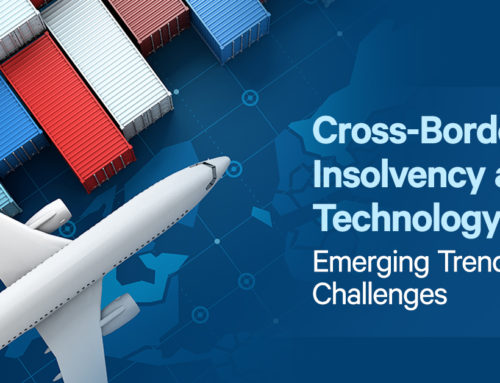If you’re experiencing debt problems on an individual basis, and you have your own business, you may have been threatened by creditors that they can target your business for personal debts. In some circumstances, creditors can make a claim against your business to recover their debt. However, if you have a limited company, it is less likely to happen. That said, if you have signed a personal guarantee as a director, you are personally liable for that debt.
Types of personal debt
In early 2020, it was revealed that more than half of UK adults had personal debt up to £100,000. Indeed, 63% have entered the decade with some level of personal debt, excluding mortgages. Much of the debt includes overdrafts, loans, credit card and store card debts.
The most common form of personal debt is credit card debt. Creditfix’s survey showed that the average level of debt on personal credit cards is £3,000; men tend to owe £300 more than women. Additionally, most people don’t pay off the balance in full every month, with 22% of people paying just the minimum payment, or less.
Personal and business debt for sole traders and partnerships
Whether your debt is personal or business-related, when you are a sole trader, i.e. self-employed, you are liable for all your debts. In the eyes of the law, you and the business are one legal entity; your business is not separate from you. This means that any business or personal debts you incur will have to be paid by you.
Creditors are within their rights to take action not only against your business, but also against you personally. This will put your personal assets, such as your family home, and your business assets at risk.
As with sole traders, a partnership of two or more people is also considered one legal entity. That means that all partners are jointly liable for any debts. Creditors are entitled to take action against any of the partners to collect the debt, or all at the same time. In addition to this, if one partner pays more than their share, according to the partnership agreement, that partner is allowed to recover the extra money they’ve paid from the other partner, including taking court action. However, there are exceptions to this situation.
- In a partnership, the partners are not jointly liable for income tax. Each partner is individually responsible for the amount of income tax they owe on their share of the business’s profits.
- When someone joins a partnership, they are not liable for any pre-existing debt, unless the agreement states otherwise.
- When a partner leaves a partnership, they are still liable for any existing business debts unless they have an agreement in place from the creditors and/or other partners to say otherwise, or their name has been removed from the business’s stationery.
- If a partner is made bankrupt, or dies, creditors and the partnership are entitled to claim their share of the debt from the deceased partner’s estate.
- Silent or sleeping partners are still liable for the debts of the business although they are not part of the day-to-day running of the business.
Because every partner in a partnership, including a silent or sleeping partner, is considered to have a ‘fiduciary relationship’ with the business, every action they take, personally and professionally, must be in the best interests of the other partners and the business. Every partner is liable for every other partner’s actions on behalf of the business.
Personal and business debt for limited companies
Because a limited company is considered a separate entity from its directors, they are not held personally responsible for any debts incurred by the business. This is one of the main reasons why people form a limited company. However, there are certain circumstances when directors can be held responsible and creditors can target the business for personal debts:
- The director has signed a personal guarantee – if the business is seeking further credit from a bank or other lender or if the limited company is struggling with debt they may be refused. In these circumstances, a director of the company can sign a personal guarantee on the loan or commercial lease.
- The director has continued to prioritise the shareholders instead of the creditors whilst knowing that the business is insolvent.
- The director has sold the business’s assets below market value or for free.
- The director has overpaid themselves from the business account, thereby creating an overdrawn director’s loan.
These issues often don’t arise until the insolvent company enters into a Company Voluntary Arrangement (CVA), is placed into administration or the company is liquidated. Part of the appointed insolvency practitioner’s role is to investigate the conduct of the directors of the business. In accordance with the Insolvency Act 1986, certain director conduct is considered illegal and the director is held personally responsible:
- Wrongful trading – whereby a director doesn’t put the creditors interests first with an insolvent company. Usually this is done because of a lack of understanding on how the procedure works.
- Fraudulent trading – this is a more serious act by a director where they have acted fraudulently with regards to creditors and other business members. It could result in being held personally liable and will need to contribute to the assets of the business.
- Undervalue transactions – this covers the situation when a company member sells a company asset under market value, or even for free, that ultimately reduces the creditors return.
- Preferences – this refers to a director paying one creditor over another and thereby receiving preferential treatment.
Sole traders, partnerships and directors of a limited company may also use their own property as security against a loan, or another asset of equal value. They may also fund the business through personal loans and credit cards. These options carry a high level of risk as should you default on payments, you will be personally liable for the debt.

If your business is struggling with debts or you are thinking of winding up a solvent company voluntarily, the first step is to seek professional advice. Our highly experienced professionals at Leading we are on hand to help and advise on the process.


